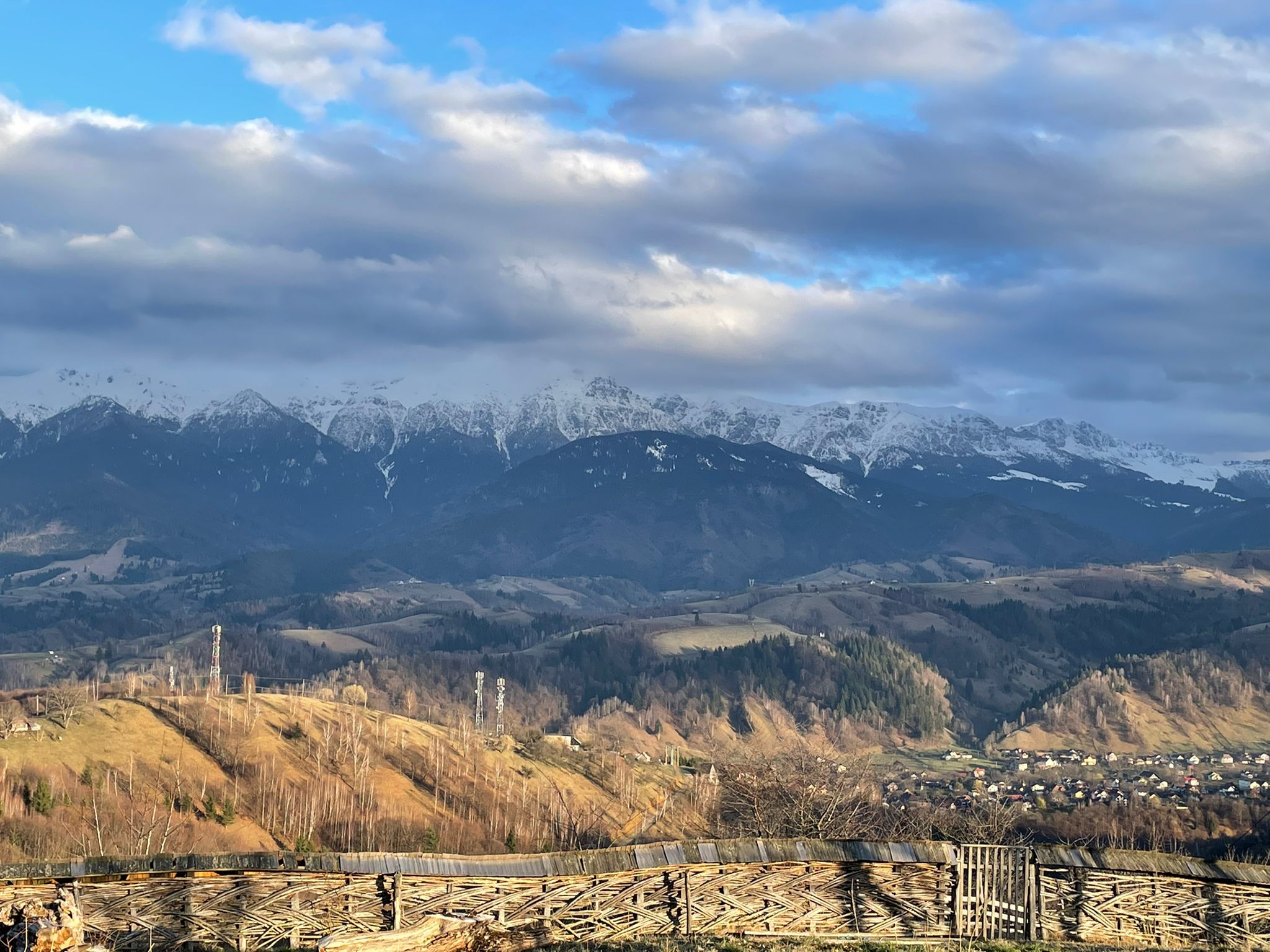The Central Mountains project interregional meeting convened in Brasov on March 18-19, 2024. This significant gathering brought together representatives from various institutions and associations deeply engaged in mountain areas sustainable development. Over the course of two days, participants engaged in dynamic discussions, exchanging insights and ideas on destination development, management strategies, long-distance trail initiatives, green tourism practices and the active involvement of youth in community affairs through collaborative working groups. The diverse array of attendees hailing from countries traversed by both the Alps and the Carpathians fostered a rich exchange of perspectives and experiences. The working groups served as dynamic platforms for collaborative problem-solving and idea generation. Participants contributed their expertise and insights towards developing innovative strategies for sustainable mountain tourism. Discussions encompassed various facets of sustainable tourism, including but not limited to ecological preservation, community engagement, economic viability and cultural conservation. By leveraging the collective wisdom and diverse perspectives of all stakeholders involved, these working groups aimed to formulate actionable recommendations and strategies to enhance the sustainable development of mountain areas across Central Europe. Of particular significance was the emphasis placed on the involvement of young people in community life and decision-making processes. Recognizing the pivotal role of youth in shaping the future of mountain regions, participants deliberated on ways to empower and engage younger generations in sustainable development initiatives. Strategies discussed ranged from educational programmes promoting environmental stewardship to youth-led community projects aimed at fostering local pride and ownership. Furthermore, participants had the opportunity to immerse themselves in practical examples within Brasov County. These visits included firsthand experiences of the successful Gastro Local network of gastronomic points implemented in Vama Buzăului. This innovative network not only promotes local culinary traditions but also fosters sustainable economic development by showcasing regional delicacies to visitors. Moreover, participants were shown community-led efforts dedicated to preserving local traditions, customs and traditional architecture, alongside promoting ecotourism initiatives in Vulcan, Măgura and the Piatra Craiului National Park. These on-site experiences provided concrete examples of how sustainable tourism practices can be integrated into local communities while simultaneously safeguarding the cultural and environmental heritage of mountainous regions.
Manage Cookie Consent
To provide the best experiences, we use technologies like cookies to store and/or access device information. Consenting to these technologies will allow us to process data such as browsing behavior or unique IDs on this site. Not consenting or withdrawing consent, may adversely affect certain features and functions.
Functional Always active
The technical storage or access is strictly necessary for the legitimate purpose of enabling the use of a specific service explicitly requested by the subscriber or user, or for the sole purpose of carrying out the transmission of a communication over an electronic communications network.
Preferences
The technical storage or access is necessary for the legitimate purpose of storing preferences that are not requested by the subscriber or user.
Statistics
The technical storage or access that is used exclusively for statistical purposes.
The technical storage or access that is used exclusively for anonymous statistical purposes. Without a subpoena, voluntary compliance on the part of your Internet Service Provider, or additional records from a third party, information stored or retrieved for this purpose alone cannot usually be used to identify you.
Marketing
The technical storage or access is required to create user profiles to send advertising, or to track the user on a website or across several websites for similar marketing purposes.
